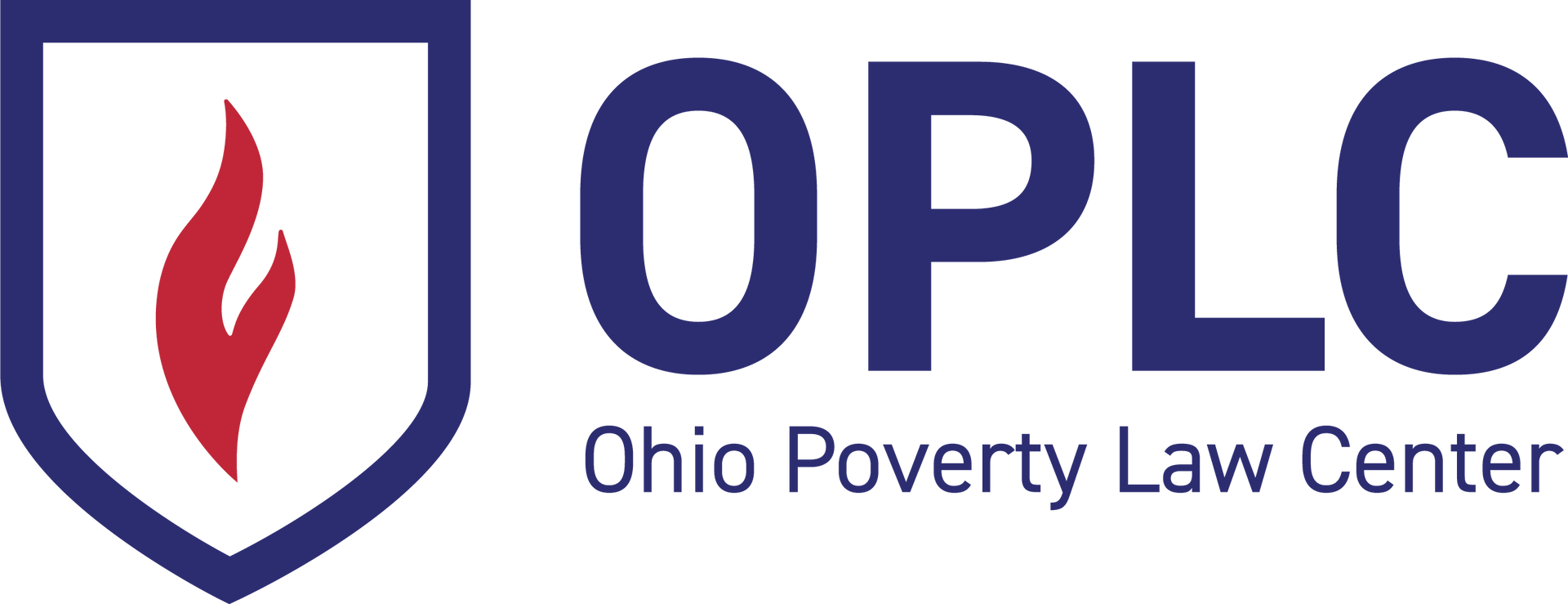WE VOW TO DO MORE TO ELIMINATE RACIAL INEQUITIES AND FOSTER SOCIAL JUSTICE
We Vow to do More to Eliminate Racial Inequities and Foster Social Justice
George Floyd was murdered by those who swore an oath to protect his life. George Floyd’s death was not an anomaly and Ohio has its own violent legacy that includes the deaths of Tamir Rice, Johnathan Crawford III, Samuel DuBose, and Tyre King. These tragedies are not new, and neither is the struggle to end the injustices that allow them to grow.
But now, louder cries for justice are coming from all corners of our state as citizens take to the streets to demand systemic changes from our leaders. The Ohio Poverty Law Center stands with these peaceful protestors and calls on our leaders to make reforms. To achieve our mission to expand the legal rights of Ohioans living, working, and raising their families in poverty, we cannot ignore the role systemic racism plays in keeping people of color trapped in a perpetual cycle of poverty.
Expanding justice has always been at the forefront of our work, but we recognize we can do more to eliminate racial inequities and foster social justice. We renew our commitment to:
- weigh the impact that policies will have on racial disparities,
- identify how policies have created racial disparities,
- advocate for policies that will advance racial equity, and
- push back against policies that will be harmful to communities of color.
We vow to advocate until Ohio is a place where people of color are safe, valued, and worthy.
Racism is a Public Health Crisis
On Tuesday, June 9, the Ohio Poverty Law Center joined more than 125 other organizations and individuals in supporting Senate Concurrent Resolution 14 which declares racism a public health crisis. Our testimony asked lawmakers to support the resolution and state this General Assembly’s intent to promote racial equity.
Many racist laws and policies, including slavery and redlining, were eliminated years ago, but the long-term consequences of the policies remain. As a result, communities of color experience inequities that lead to large disparities in health outcomes. Without acknowledging the role that racism has had and continues to play in economic and health disparities, we will not close the gap.
Racism and segregation in Ohio exacerbate a health divide resulting in Black Ohioans having lower life expectancies than White Ohioans; and Black Ohioans being far more likely than other races to die prematurely or die of heart disease or stroke. In Ohio, Black babies have lower birth weights and have a nearly three times higher rate of infant mortality. Black Ohioans also are more likely to be overweight or obese, have adult-onset diabetes, and experience long-term complications from diabetes.
Racism also causes disproportionately high rates of homelessness, incarceration and inadequate education, as well as economic hardship for African Americans, all of which impact health outcomes.
The status quo has failed Black Ohioans. We can no longer ignore the issues that have for so long plagued communities of color. In addition to declaring racism a public health crisis, SCR14 asks the Governor to establish a working group to promote racial equity and commits to look at Ohio’s laws through a racial equity lens. We need to acknowledge that policies are not inherently race neutral; failure to consider race when creating laws often leads to unintentional and outsized impacts on communities of color.
Racism is not an issue for Black Ohioans to solve, we all must be committed. If all Ohioans do not have an equal opportunity to succeed, then Ohio cannot succeed. Ohio is at its strongest when residents of all backgrounds can contribute their diverse experiences to improve our state. We can no longer avoid the topic of racism and the role it has played shaping the Ohio we all live in. SCR14 represents a good first effort, but there is much work to be done if we are to build an Ohio where everyone is able to achieve their given potential. We can delay no longer; the time is now.
Our full statement in support of SCR14 and a list of others who support the resolution can be found here.
